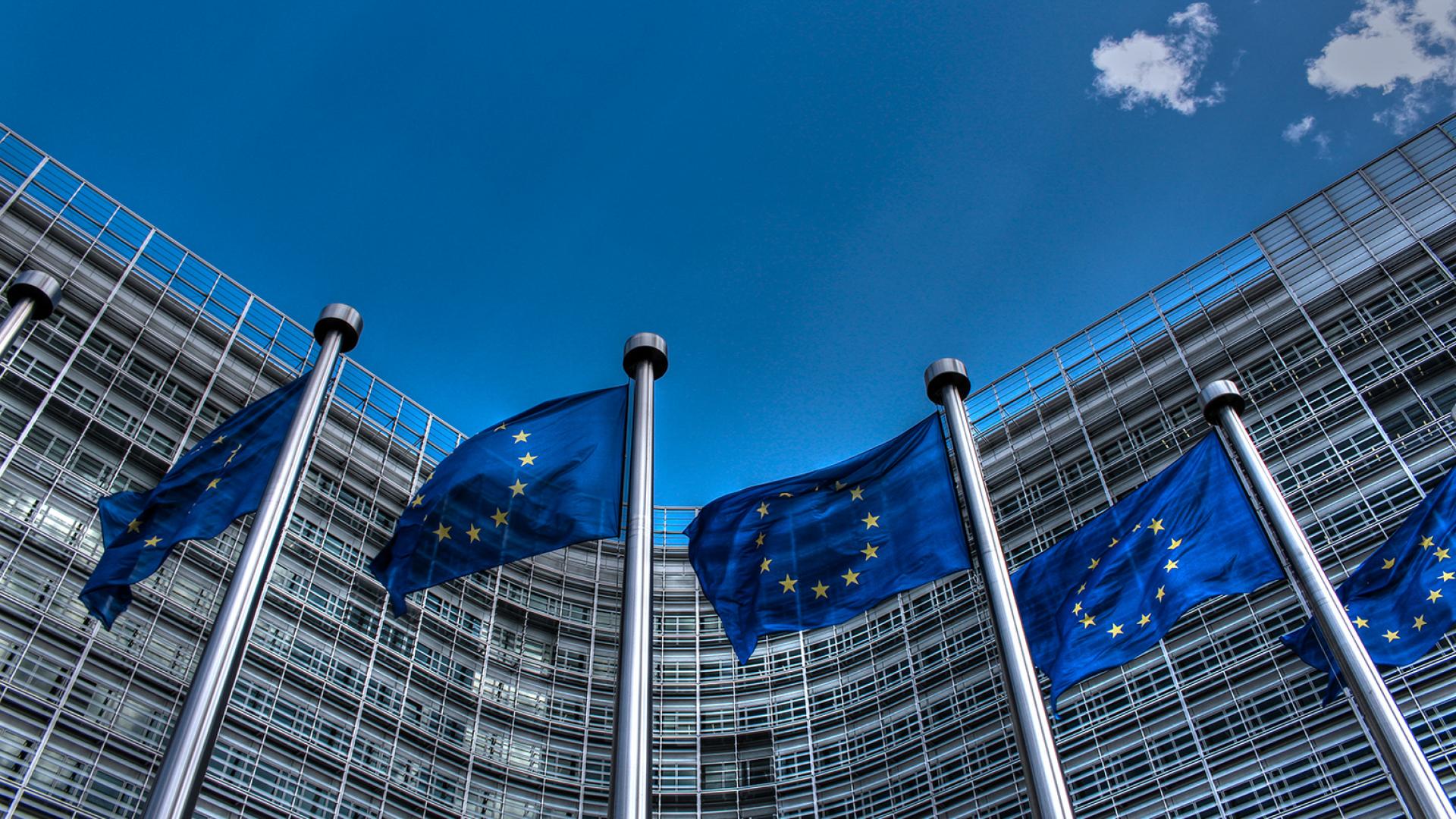A EU Commission has submitted a proposal for regulation to significantly improve the EU’s capacity to quantify, monitor, and verify carbon removals. The proposal will promote innovative carbon removal technologies and sustainable carbon farming solutions and contribute to the EU’s climate, environmental, and zero-pollution goals.
According to the proposal, higher transparency will prevent “greenwashing” and ensure trust from stakeholders and industry. “Carbon removals can and must bring clear benefits for the climate, and the Commission will prioritise those carbon removal activities that will provide significant benefits for biodiversity. Moving forward, the Commission, supported by experts, will develop tailored certification methods for carbon removal activities that deliver on climate and other environmental objectives”.
To ensure the transparency and credibility of the certification process, and certification schemes that can be used to demonstrate compliance with the EU framework, the proposal exhibits rules for the independent verification of carbon removals . To ensure the quality and comparability of carbon removals, the proposed regulation establishes four “QU.A.L.ITY” criteria:
- Quantification: Carbon removal activities need to be measured accurately and deliver unambiguous benefits for the climate;
- Additionality: Carbon removal activities need to go beyond existing practices and what is required by law;
- Long-term storage: Certificates are linked to the duration of carbon storage to ensure permanent storage;
- Sustainability: Carbon removal activities must preserve or contribute to sustainability objectives such as climate change adaptation, the circular economy, water and marine resources, and biodiversity.
The EU has a goal of becoming the world’s first climate-neutral continent by 2050. To do so, the EU needs to reduce its greenhouse gas emissions to a minimum while simultaneously scaling up the removal of carbon from the atmosphere to balance out emissions that cannot be eliminated.
Carbon can be captured and stored permanently using industrial technologies, such as bioenergy with carbon capture and storage (BECCS) or direct air carbon capture and storage (DACCS).
“The proposal will promote cutting-edge clean technologies and support the New European Bauhaus by recognising the carbon storage capacity of wood-based and energy-efficient building materials. The proposal will enable innovative forms of private and public financing, including impact finance or result-based public support under state aid or the Common Agricultural Policy. The Commission will continue funding carbon removal action on the ground through the Innovation Fund (which can finance BECCS and DACCS projects, among others), the Common Agricultural Policy, the Regional Development Fund, the LIFE programme, and the Horizon Europe programme (including the Mission ‘A Soil Deal for Europe’)”.
Based on the QU.A.L.ITY criteria, the Commission will develop tailored certification methodologies for the different types of carbon removal activities, supported by an expert group. The first meeting of the expert group is planned for the first quarter of 2023.






